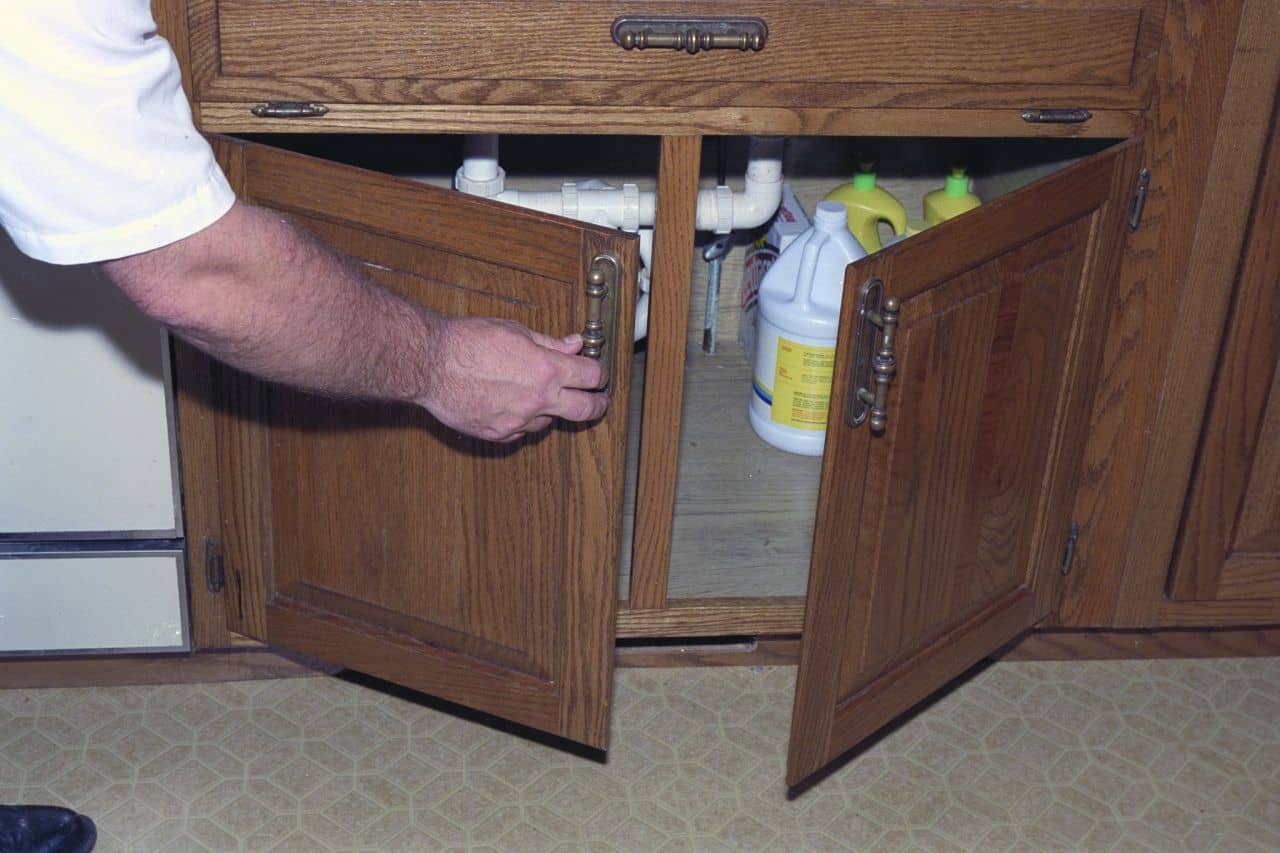One of the most dreaded plumbing problems in the winter is waking up in the morning to no water and frozen pipes. Not only is it horribly inconvenient to have no water, even if it’s just one tap in the house, you run the risk of serious damage should the pipe actually split or burst. If that happens in some unseen spot under the floor, you’ll have a flood when the water does start flowing again.
Professionals like the Plumbing Detectives (a busy plumber in Mosman) have seen lots of frozen pipes, and have some ideas on how to keep them running.
Insulate
Insulating your pipes, or the areas where they are running can keep the dropping temperatures from seeping in. You have various options, from hollow tubes of foam insulation that are used directly around exposed pipes, to simply adding layers of insulation to cabinets, rooms or crawl spaces where the pipes are running.
It won’t actually warm up your pipes, so don’t add insulation as a treatment for pipes already frozen (in fact, insulation will keep them cold once they’re frozen and prevent thawing).
Running very hot water through the main taps of the house right before you go to bed can add heat within the pipes, which will be held in by the insulation to keep things a little warmer into the night. An added benefit of insulation is that less heat will be lost from your hot water system, meaning a little energy savings for you.
Turn up the Heat
Adding additional heat can be a good if the insulation isn’t enough to do the job. Stubborn pipes that just can’t be kept warm can be handled with direct heat via a pipe heating cable or heat tape. The only catch is that an electrical outlet must be within easy reach of the pipes for it to work. Larger areas might be warmed up with a standard space heater instead.
Another easy way to get heat to the pipes is to just open up cabinet doors overnight. It can be quite cold underneath cabinets in kitchens and bathrooms, especially if the doors aren’t open frequently during the day.
On or Off?
This is actually a pair of somewhat contradictory tips, but each one has its place. A tried and true way of preventing freezing is to leave the tap just slightly on through the night, so that a trickle of water keeps flowing. Moving water is much less likely to freeze. This is a good approach when you need a quick and easy solution and when the weather is below freezing but not by much.
On the other hand, when temperatures are extremely low, this may not help and you could take the opposite approach and actually shut the water off. Turn it off, and let the taps run to drain out the water. This is a particularly good idea if you are going to be away from home during the cold weather.
Move the Pipes
This can be a little drastic but if your pipes often freeze because they run through cold areas of your basement or within outside walls, you may have better luck just moving the pipes entirely. A handy person may be able to take care of this but a plumber is probably going to be the better option for most people.

